International Women’s Day: Overcome prejudice, support engagement and promote women’s empowerment
In his message on International Women’s Day, Secretary-General António Guterres stressed that while women’s rights are human rights, in these troubled times, the rights of women and girls are being reduced, restricted and reversed.
In his message on International Women’s Day, Secretary-General António Guterres stressed that while women’s rights are human rights, in these troubled times, the rights of women and girls are being reduced, restricted and reversed.
He asserted that women’s legal rights, which have never been equal to that of men’s on any continent, are being eroded further. Women’s rights over their own bodies are questioned and undermined and they are routinely targeted for intimidation and harassment, including in cyberspace. Mr. Guterres underscored that in the worst cases, extremists and terrorists build their ideologies around the subjugation of women and girls and single them out for sexual and gender-based violence, forced marriage and virtual enslavement.
He emphasized that only by empowering women and girls can their rights be protected and their full potential be ensured.
Imbalances
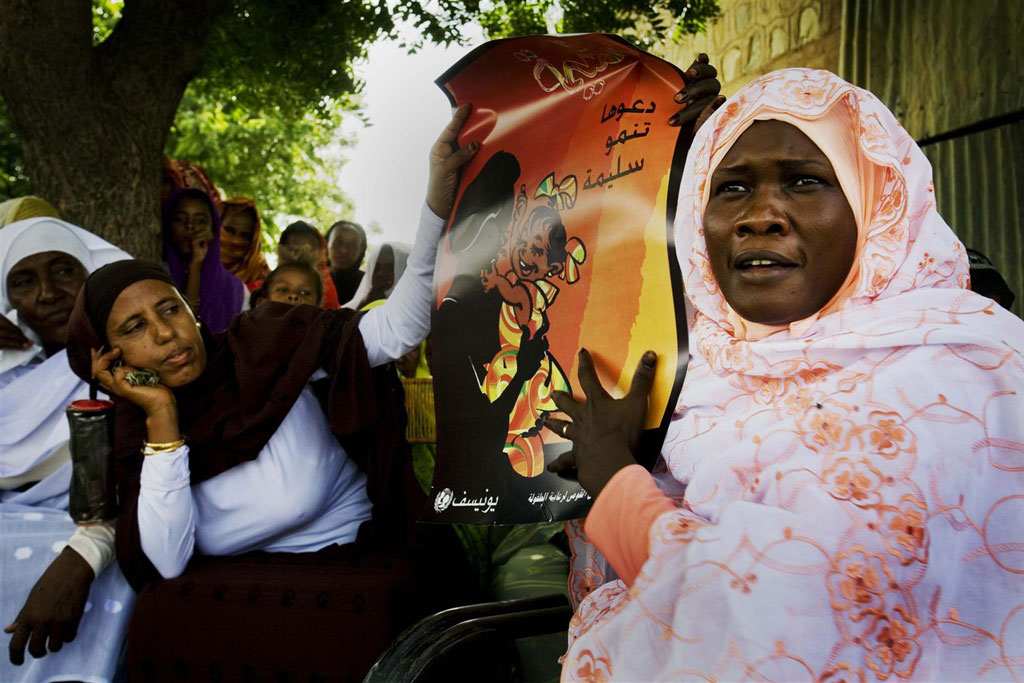
A woman in Sudan holds a poster promoting the collective abandonment of female genital mutilation. Photo: UNICEF/UNI73778/Holt
Historic imbalances in power relations between men and women, exacerbated by growing inequalities within and between societies and countries, are leading to greater discrimination against women and girls.
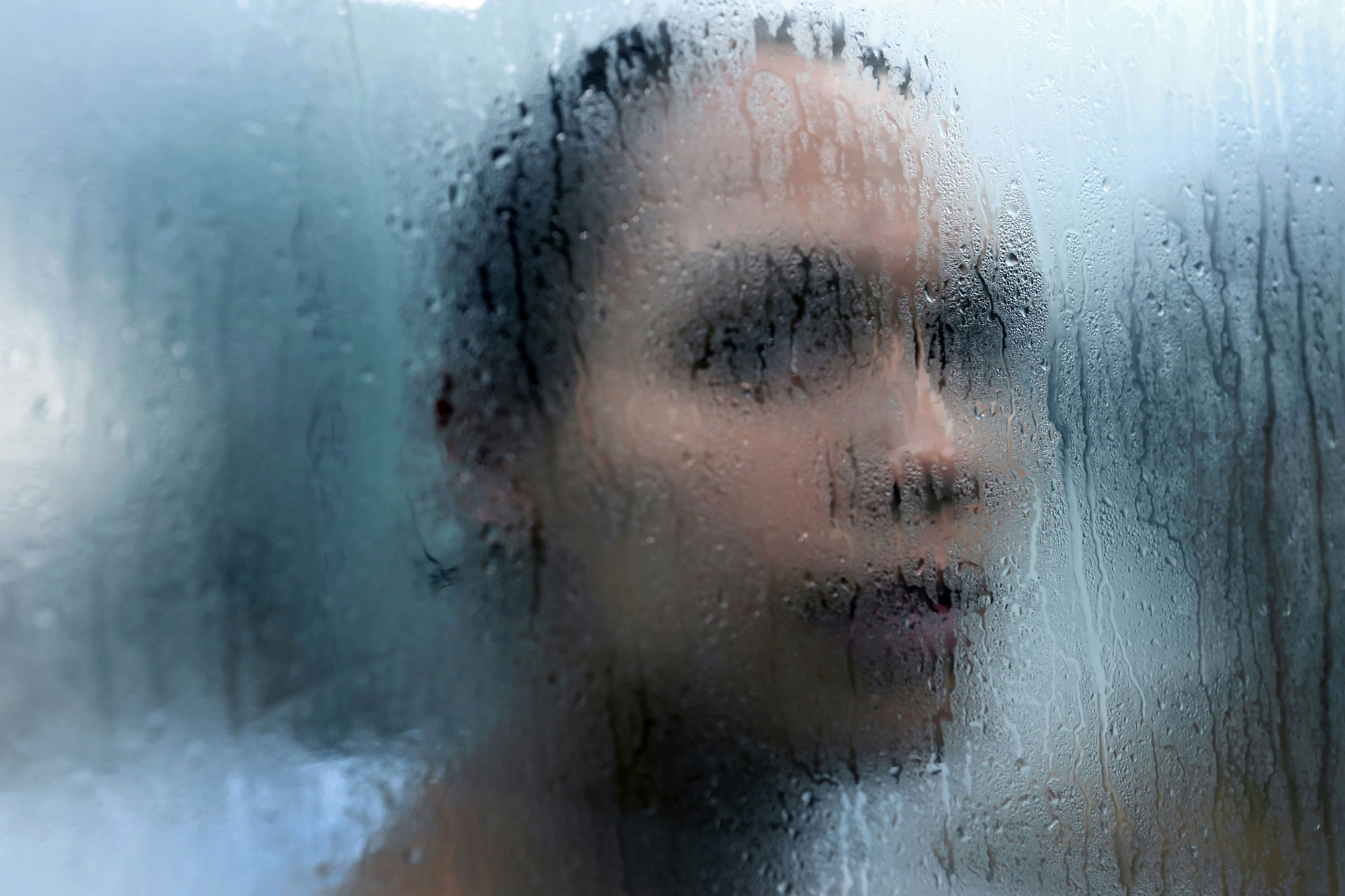
Transparent. Photo: Belinda Mason, Silent Tears
Denying the rights of women and girls is not only wrong in itself; it has a serious social and economic impact that holds us all back.
Women benefit all
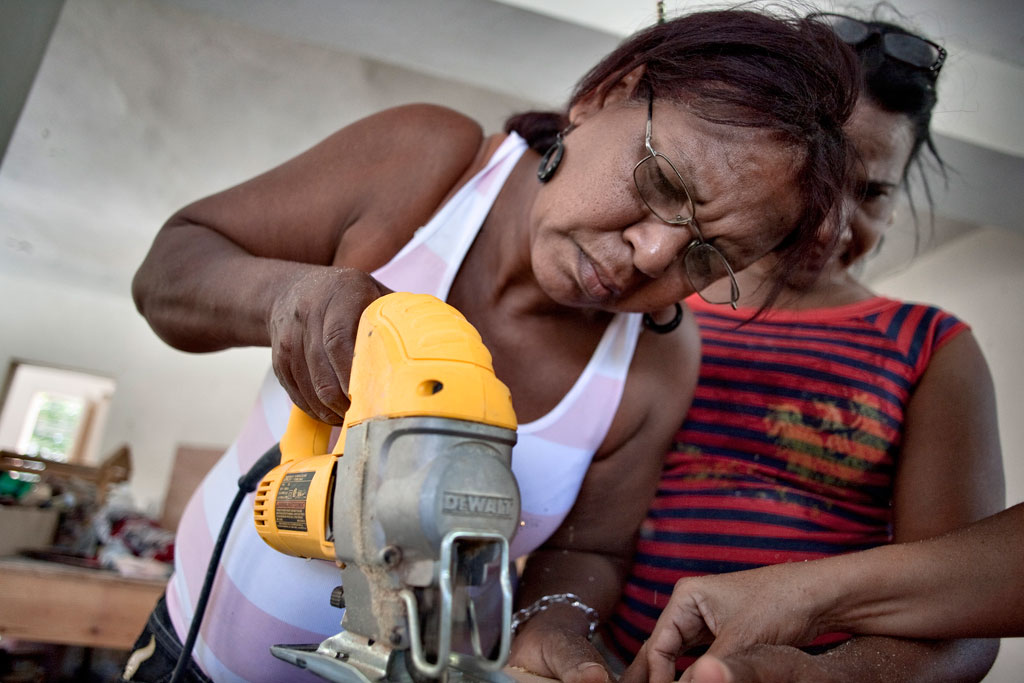
Women on the job at a workshop in the Dominican Republic. Photo: UNDP Dominican Republic
Gender equality has a transformative effect that is essential to fully functioning communities, societies and economies.
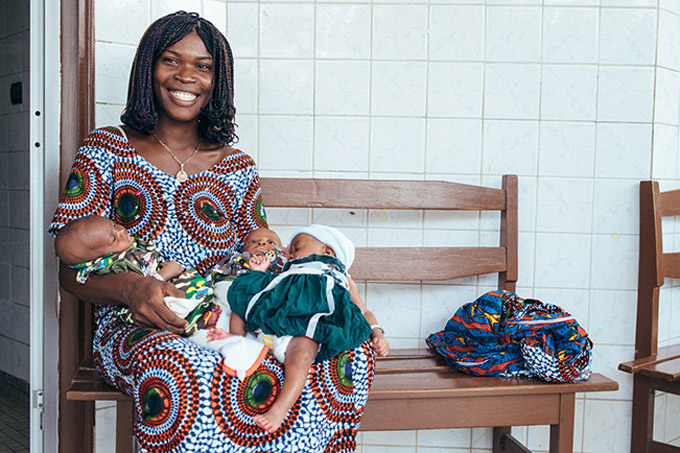
Abissdoum Charlotte, 26, with her 7-week-old triplets, Morouta, Nasifaté and Nasif, is receiving postnatal and newborn care at the Cooperative Clinic of Sikecoudji, in Cotonou, Benin. Photo: UNFPA/Ollivier Girard
Women’s access to education and health services has benefits for their families and communities that extend to future generations. An extra year in school can add up to 25 per cent to a girl’s future income.
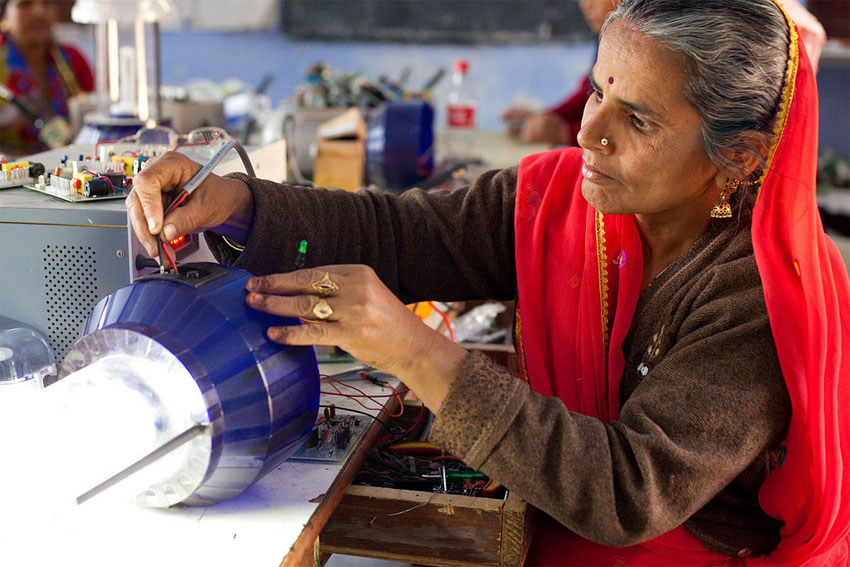
Women and technology – the attitude gap. Photo: UN Women/Gaganjit Singh
When women participate fully in the labour force, it creates opportunities and generates growth. Closing the gender gap in employment could add $12 trillion to global GDP by 2025.
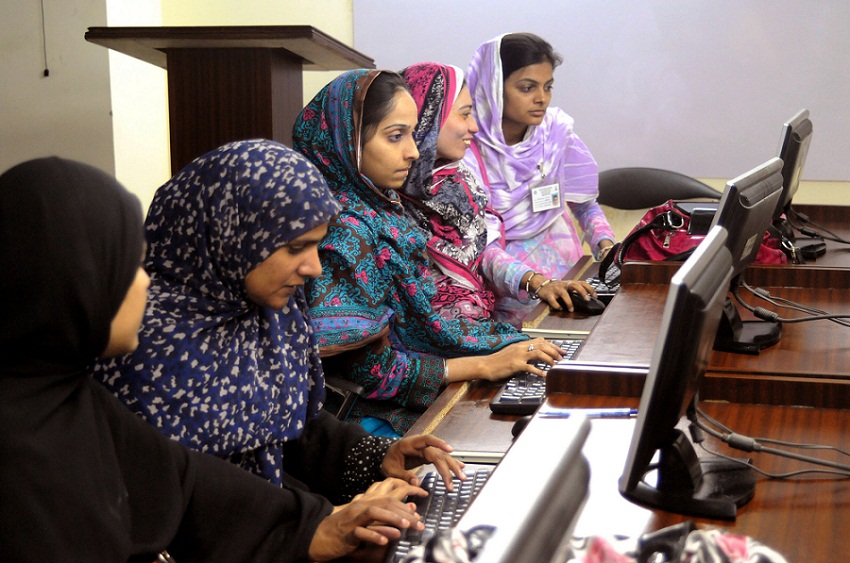
Students of Computer Sciences at Khowaja Institute of Information Technology (KIIT) in Hyderabad, Pakistan learn computing skills. Photo: Visual News Associates/World Bank
Increasing the proportion of women in public institutions makes them more representative, increases innovation, improves decision-making and benefits whole societies.
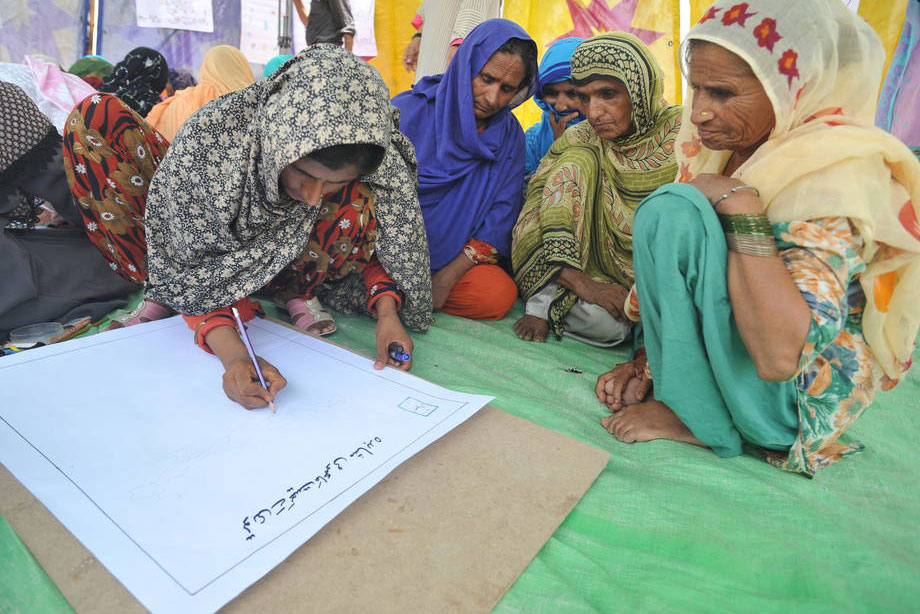
Women in Pakistan build their knowledge and skills at an FAO-supported rural livelihoods school. Photo: FAO/Farook Naeem
Gender equality is central to the 2030 Agenda for Sustainable Development, the global plan agreed by leaders of all countries to meet the challenges we face. Sustainable Development Goal 5 calls specifically for gender equality and the empowerment of all women and girls, and this is central to the achievement of all the 17 SDGs.

